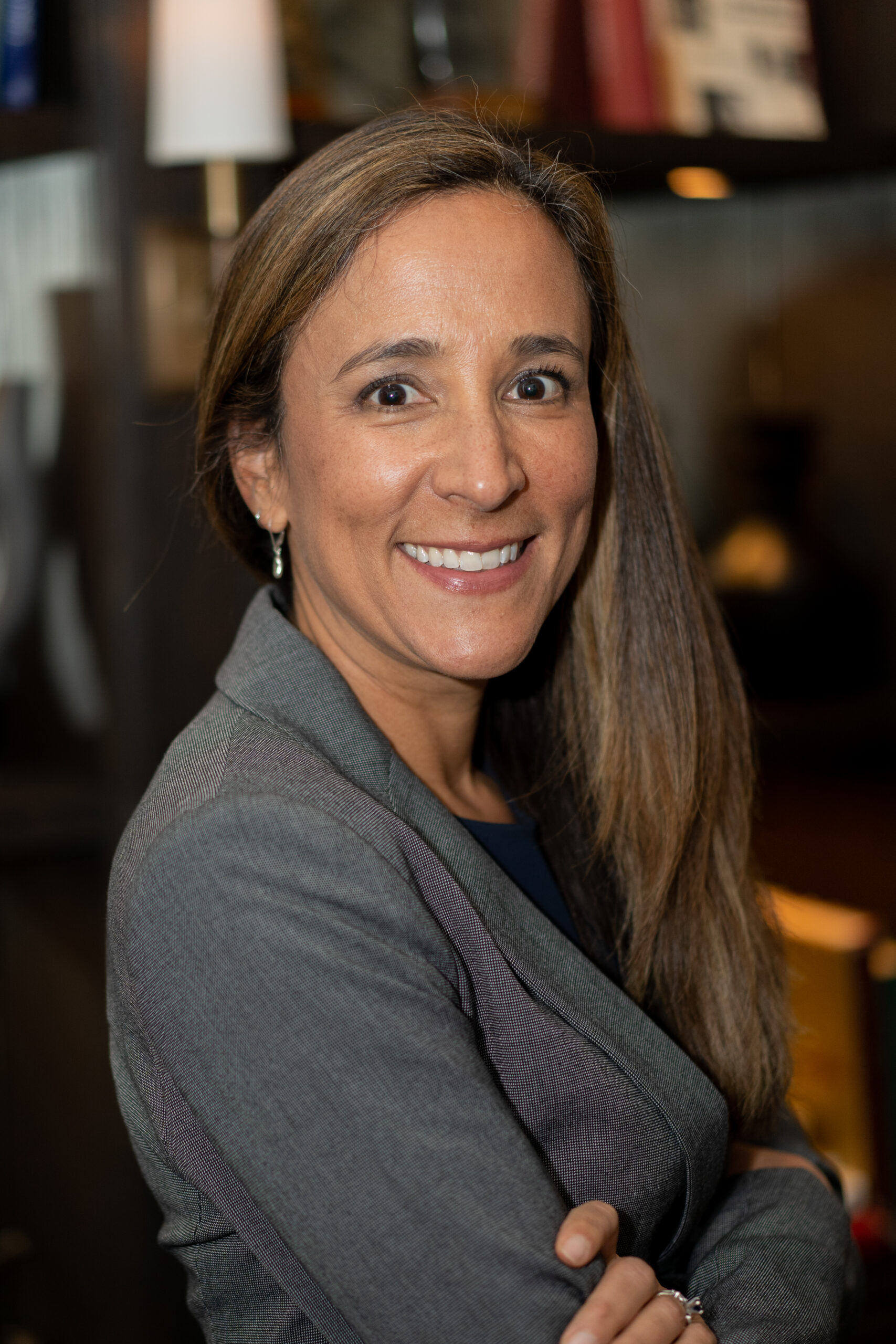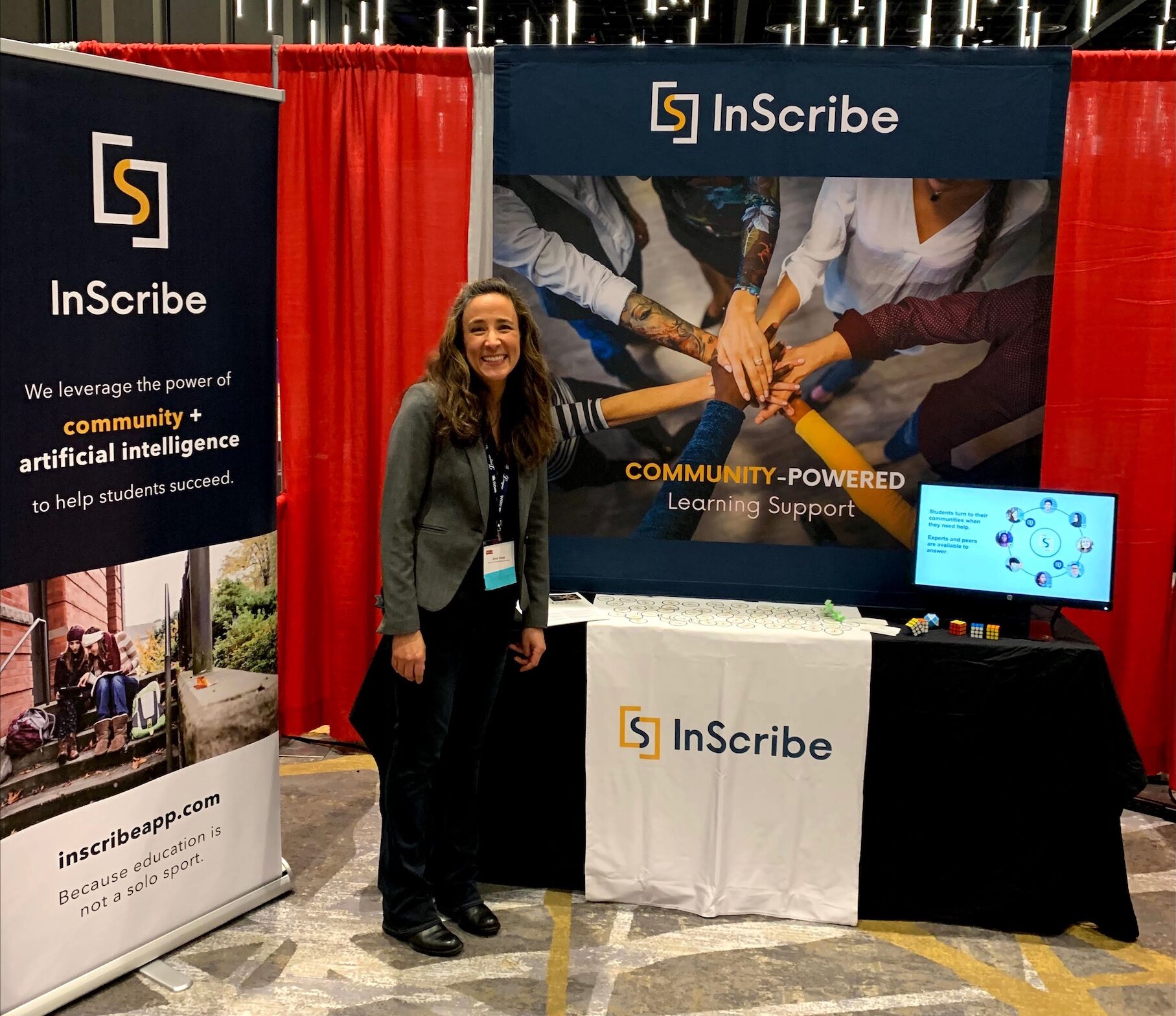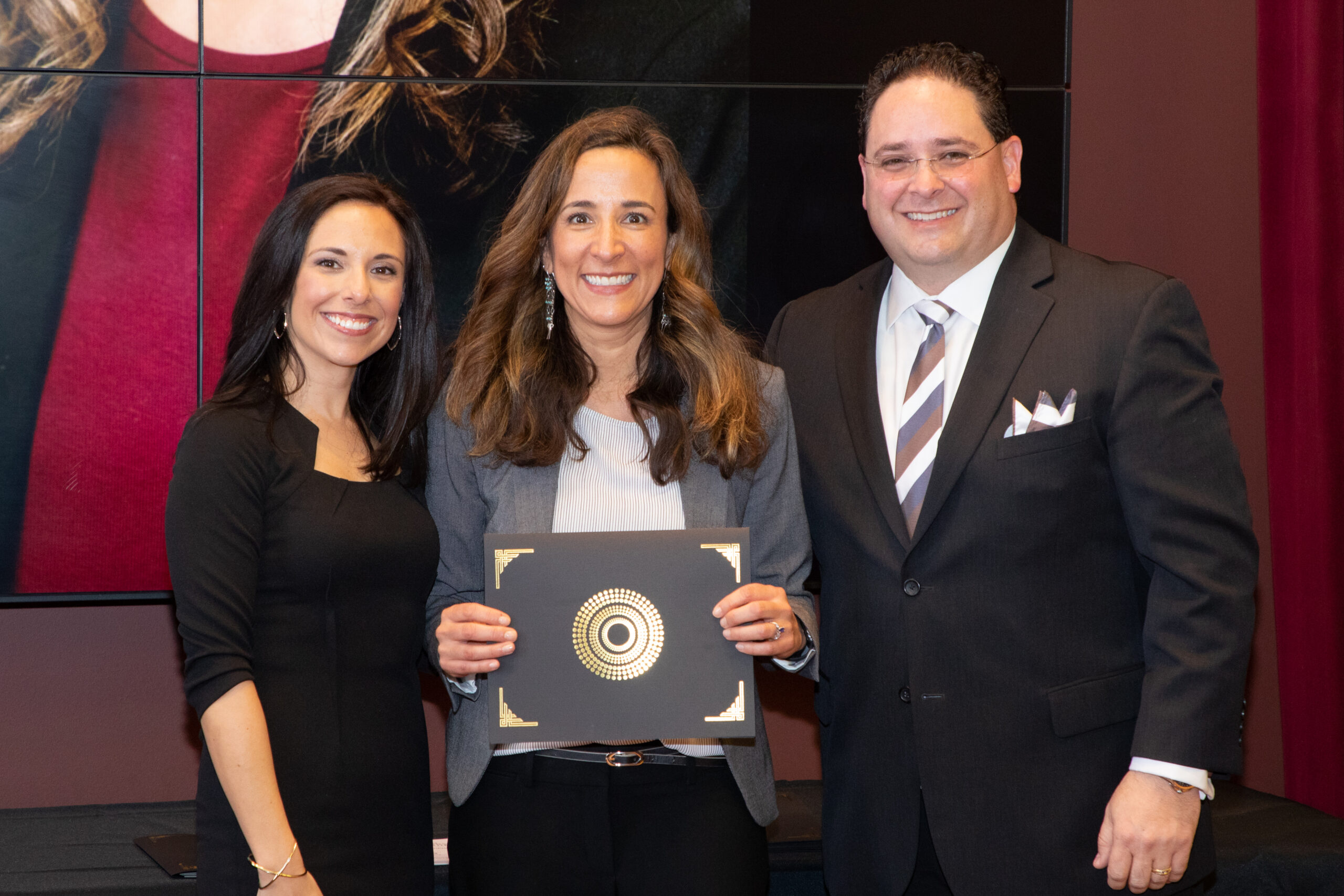Ana Hernandez, LLI Network, first built her edtech company, InScribe, without taking any early investments. Like many entrepreneurs, she and her co-founders started as consultants, methodically investing in and scaling InScribe to its current size with clients like Arizona State University and Indiana University.
Below, Ana shares her journey as a Latina entrepreneur.

In 3 words, how would you define your journey as an entrepreneur?
Exhilarating. Educational. Humbling.
Using those three words, describe what it was like building and growing your business.
There was some scarcity in my childhood growing up. Because of that, I was attracted to jobs that offered me a lot of stability. I never thought of myself as someone who would start a business because that flies in the face of stability.
That’s what makes this journey exhilarating – it feels like going up a roller coaster. There are so many unknowns, and it’s kind of scary. But when you get to the top, and the ride really starts, it’s thrilling. Being an entrepreneur pushed me outside of what I’m comfortable with. I’m on the rollercoaster all the time now.
As far as the journey being educational, it has been nonstop learning. I was an English teacher by training. After I left teaching, I worked in businesses, but I’d never run a business. One of the things I enjoy most about being an entrepreneur is what I get to learn daily. It’s great to come in already knowing the answers, but being able to say “I don’t know” and then finding the solution helps build confidence and demonstrates transparency to our team and our clients.
It’s humbling because our customers and our employees also put their trust in us. It is something that I would not have experienced had I not taken this leap.
What was it like securing capital and funding for your business?
Narrowing our focus and finding the right investors was important. Raising money the first time as a business owner is hard because knowing whom to ask is difficult. There’s definitely a learning curve to fundraising. Eventually, we found investors in the impact investing space, which was helpful for us because they are mission-aligned and see the vision for what we’re building.

What should Latino and BIPOC entrepreneurs know as they take their businesses to the next level?
Don’t be afraid to put yourself out there – it’s part of what we learned at the Latino Leadership Institute. As Latino entrepreneurs, we often hesitate to ask for loans from traditional lenders. We may use personal credit and do many things on our own. Expanding your network, putting yourself out there, and being open to receiving help is important because I’ve learned that people really want to help you.
What is something that you learned in building your business that surprised you?
I was surprised by how much I already knew. With impostor syndrome, I always assume everybody in the room knows more than I know, and it’s not true. It’s just not true for any of us.

Latino-owned Businesses & Financing
InScribe is one of the over 1.9 million Latina-owned businesses in the U.S. today that generate $78.7 billion in revenue annually, according to the National Women’s Business Council.
However, as Ana shared, the lack of access to financial capital for Latina and Latino business founders continues to be a barrier to starting and growing a business.
Here’s the data:
-
- Latino-owned businesses receive less than two percent of venture capital funding
- Latino-owned businesses face significant barriers to procuring loans in the traditional banking system
- Only 40% of Latino-owned businesses requesting between $50,000-$100,000 are on average approved for national bank loans compared to 78% of White-owned businesses
Read more: Stanford Latino Entrepreneurship Initiative



